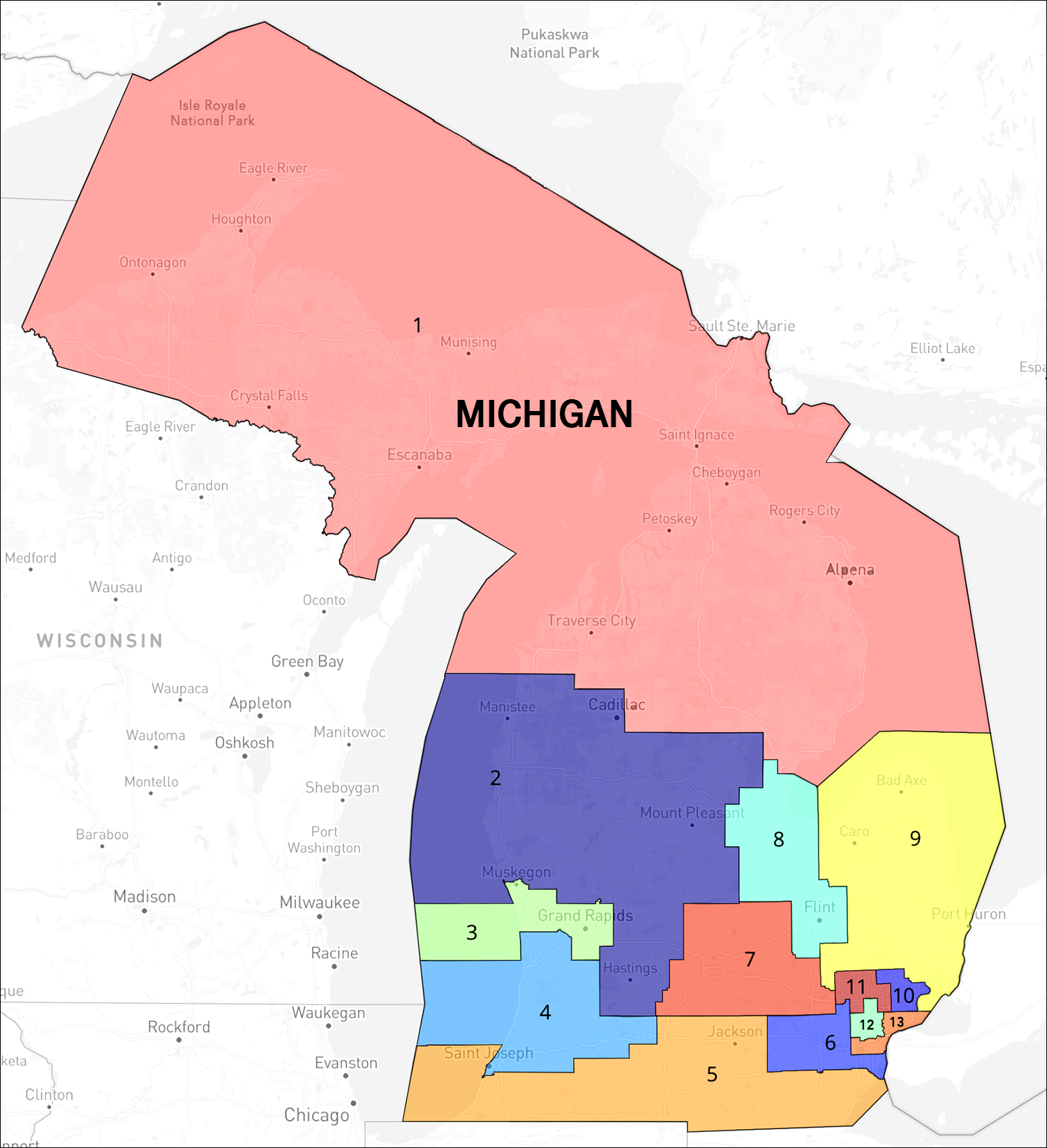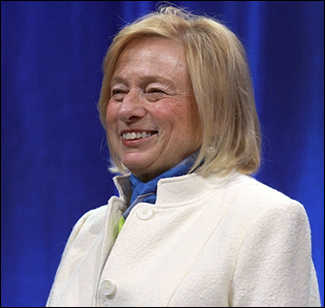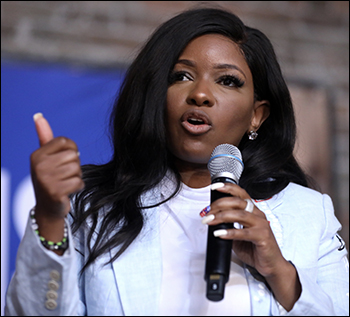Just a quick last post this holiday season before we take a break till the New Year.
All the best for a wonderful holiday season.
We’ll be back on Monday, Jan. 5, 2026!
By Jim Ellis — Dec. 24, 2025
Senate
Minnesota — While the Republican Party leadership waits for retired national sports reporter Michele Tafoya to make a decision about running for the Senate, former GOP state chairman David Hann announced that he will enter the race. Hann, who was ousted as chairman and lost his state Senate seat when running for re-election, does not have a strong base within the party. Therefore, he is unlikely to be a major threat. It will be important to watch unfolding developments around the Minnesota government benefit fraud scandal to see if the Democrats become weakened.
The Democratic Senate primary features Lt. Gov. Peggy Flanagan and US Rep. Angie Craig (D-Prior Lake). At this point, the eventual Democratic nominee will continue to have the inside track toward winning the general election.
House
CT-1 — The Democratic primary challenger field opposing veteran Rep. John Larson (D-Hartford) just got smaller. Former Southington Councilman Jack Perry ended his campaign because he did not see a path to victory. Three Larson intra-party challengers remain, however. They are: former Hartford Mayor Luke Bronin, state Rep. Jillian Gilchrest (D-West Hartford), and Hartford Board of Education member Ruth Fortune.
This is obviously a strong field, but the number of candidates in a plurality primary system could split the anti-incumbent vote to the point where Rep. Larson wins re-election with a small plurality. The Connecticut candidate filing deadline is June 9 for the Aug. 11 primary election. Therefore, much time remains for this race to develop.
FL-23 — Republicans have recruited a strong challenger to two-term Rep. Jared Moskowitz (D-Parkland). Boca Raton Mayor Scott Singer (R) announced that he will challenge Moskowitz next year. With redistricting set to happen during the next legislative session, it is clear that the GOP map drawers will add Republicans to the 23rd CD. Under the current map, the partisan lean is 52.3D – 45.5R (Dave’s Redistricting App calculation) and Rep. Moskowitz has averaged just 51.9 percent in his two elections. Therefore, this will very likely be a race to monitor throughout the campaign cycle.
NC-3 — While the North Carolina Republican redistricting plan was geared toward making Rep. Don Davis’ 1st CD more Republican, a seat that became more Democratic is the neighboring 3rd District of Rep. Greg Murphy (R-Greenville). The original District 3 partisan lean was 57.2R – 40.7D according to the Dave’s Redistricting App statisticians. Under the new plan that makes CD-1 more Republican, CD-3 drops to 52.8R – 45.2D, a net swing of 8.9 data points in the Democrats’ favor.
Not surprisingly, two prominent Democrats jumped into the District 3 race as candidate filing closed. Ex-state Rep. Raymond Smith and the former CEO of The Iraq and Afghanistan Veterans of America organization, Allison Jaslow, both entered the Democratic primary race. The winner of the March 3 primary will then face Rep. Murphy in the general election. Though this is district is more competitive, it is still a Republican seat, and the Congressman will again be favored for re-election.
Governor
California — We see another poll release that finds the large California open jungle qualifying election field again closely bunched. The California Issues Forum just released the results of their FM3 poll (Nov. 30-Dec. 7; 632 likely California jungle election voters; live interview & online) and actually found two Republicans leading the large group.
Former Fox News host Steve Hilton (R) leads with 18 percent, followed by Riverside County Sheriff Chad Biano (R), Rep. Eric Swalwell (D-Livermore), former Rep. Katie Porter (D), billionaire Tom Steyer (D), former US Health and Human Services Secretary and ex-Attorney General and Congressman Xavier Becerra (D), and previous Los Angeles Mayor Antonio Villaraigosa (D). After Hilton’s 18 percent support figure, the remaining candidates break down respectively at 17-17-13-6-3-3 percent preference numbers.
There is a scenario, though unlikely yet this poll result shows it could possibly happen, that the large number of Democratic candidates split the vote and the two Republicans advance to the general election with small percentages. The California qualifying election is June 2. The top two finishers, regardless of party affiliation and percentage attained, advance to the general election. Gov. Gavin Newsom (D) is ineligible to seek a third term.
Ohio — For the second time in a week-long period, a newly released poll finds the presumptive Ohio open race gubernatorial nominees deadlocked. The T. Roosevelt Action group, an organization representing hunters and anglers, publicized their poll results (Dec. 3-8; 603 likely Ohio general election voters) that project Republican businessman and former presidential candidate Vivek Ramaswamy leading ex-Ohio Health Director Amy Acton (D) by a slight 45-43 percent count. Last week, Emerson College (Dec. 6-8; 850 likely Ohio general election voters; multiple sampling techniques) found Acton holding a similar 46-45 percent edge.
The purpose of the T. Roosevelt Action poll was to test a ballot proposition regarding hunting and fishing, but they also included a Governor’s race query on their questionnaire. The Ohio Governor’s race is open because incumbent Mike DeWine (R) is ineligible to seek re-election.







